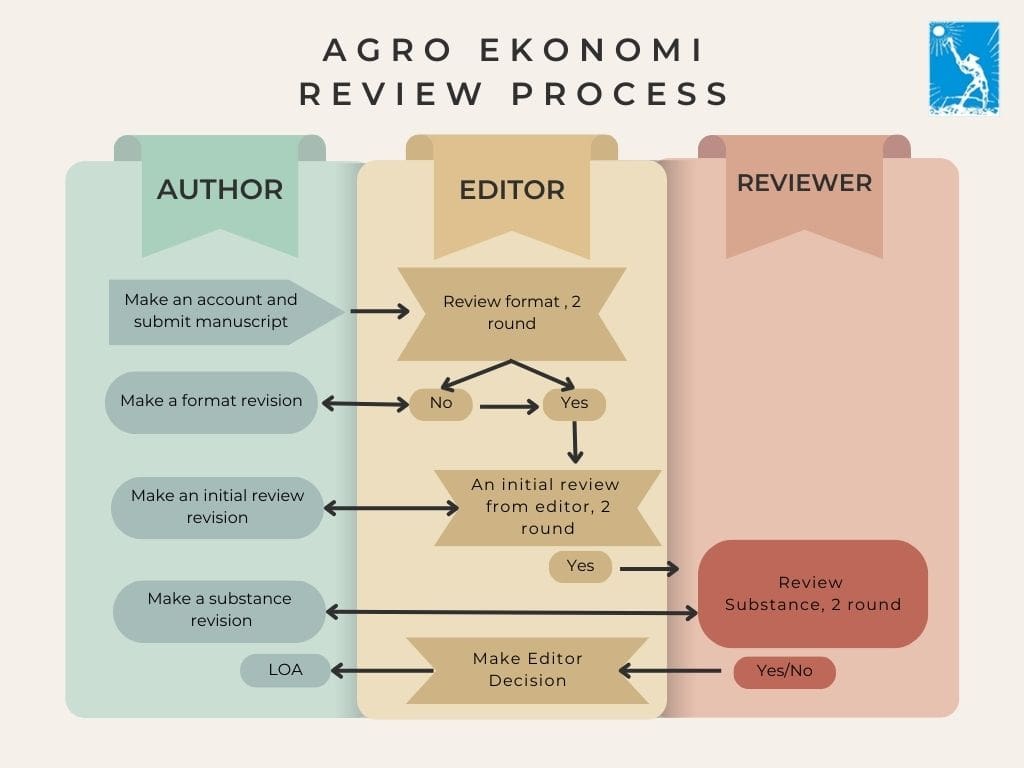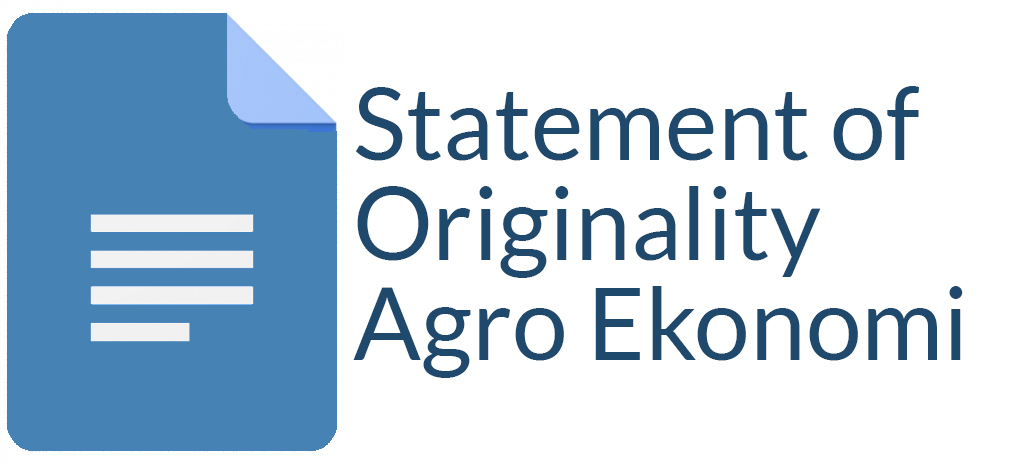Pengaruh globalisasi terhadap ketahanan pangan nasional
Sri Widodo(1*)
(1) Fakultas Pertanian Universitas Gadjah Mada
(*) Corresponding Author
Abstract
Economic theory indicate that there are gains to be made from free trade. increase the efficiency ufresource allocation, and increase welfare of all countries. However, all government, without exception, intervene to varying degrees in the working of natural market prces, with the reason the need to protect infant industry, to ensure food security, to redistribute income, and to enhance income of small producers.
The liberalization initiatives culminated in UR agreement and WTO, among others, dismantling of quantitative restriction and subsidies as well as other nontariff barriers, but there were several new thing of anti
dumping tariff, sanitary and phytosanitary, technical barrier to trade,
environment, and genetically modified organism.
The impact of trade liberalization on exporter countries, in general, would benefit the producers, decrease the consumer surplus, and increase social welfare except large populated as India and China. The impact of importer countries depend on the policy of each country. Malaysia and Indonesia by decreasing import tariff policy would increase consumer surplus and social welfare but sacrificing the producers/farmers.
National food policies consist of international trade policy domestic price policy, and policy on production efficiency. The international trade policy means to protect producers, consumers, and social welfare from the uncertainty of international market especially in the long run. The stabilization of domestic price policy needs inter department coordination and STE to implement. Protection could result inefficiency but it is needed for commodities those are not ready to compete and to protect from unfair trade, to protect farmers and long run food security.
Full Text:
PDFReferences
L. Soetrisno, D. Ismoyowati, Jaring Pengaman Sosial dan Masyarakat Pedesaan, 1999
M.C.Mangabat, Effects of Trade Libaralization in the Philippines., 2000
M.H.Sawit, Perdagangan Beras Dunia dan Perubahan Kebijakan Beras, 2002
Masyhuri, Kebijakan Pangan Nasional Dalam Kerangka Otonomi Daerah, dalam S. Widodo, S. Hartono, Masyhuri &J.H. Mulyo (es) Kebijakan Pangan Nasional Dalam Kerangka Otonomi Daerah, 2002
P Simatupang, E. Fleming, Food Security Strategies for Selected South, 2001
R.Chand, Effects of Trade Liberalization in India, 2001
S.Widodo, Ketahanan Pangan Pada Era Globalisasi dan Otonomisasi, 2001
S.Widodo, Rise Production and Marketing in Indonesia, 1990
T. Feridhanusetyawan, M. Pangestu, Indonesia Trade Libaralization Estimating the Gain, 2003
T.M.Ariff, T. Ahrnad , A. Tawang, Effects of Trade Liberalization in Malaysia, 2001
Article Metrics
Refbacks
- There are currently no refbacks.
Copyright (c) 2016 Agro Ekonomi

This work is licensed under a Creative Commons Attribution-ShareAlike 4.0 International License.
View My Stats











